The FLTWS Citizen Conservation Award
Nomination statement for Jeremy Maines, recipient of the Florida Chapter of The Wildlife Society's 2011 Citizen Conservation Award:
In an era when hunting is sometimes questioned as a legitimate sporting activity and wildlife management tool, maintaining the highest levels of ethical hunting behavior and humane treatment of wildlife is critical to maintaining public confidence in wildlife management, wildlife managers, and hunter conservationists.
Jeremy Maines contributed significantly to maintaining those standards by bringing to the attention of the Florida Fish and Wildlife Conservation Commission (FWC) the inhumane and unethical practice of using hounds to hunt and kill coyotes and foxes within fenced enclosures in Florida. The practice, referred to as coyote/fox penning, involves releasing a coyote or fox into a fenced enclosure where it is pursued by hunting dogs until killed. In addition to raising the issue of the ethicality of penned hunts, Jeremy also documented violations of existing laws by persons conducting penned hunts, such as inhumane treatment of animals being stored for penned hunts, blocking of required escape portals within enclosures, and of course the inability of penned animals to escape their attackers which is a violation of fair chase, the hunting ethic endorsed by hunter conservationists and hunting organizations such as the Boone and Crockett Club.
Largely as a result of Jeremy’s personal efforts, FWC Commissioners ultimately voted to outlaw the practice of fox/coyote penning in Florida in June 2010, with the final rule adopted at the September 2010 FWC Commission meeting in Pensacola Beach.
The efforts that Jeremy went through at his own expense to raise awareness to and ultimately stop the practice of coyote/fox penning are impressive. His interest in this issue began in 2008 when a coyote/fox pen was established adjacent to his family’s property. When his family repeatedly observed hunting dogs corner and kill coyotes in the fenced enclosure, he took action and began documenting the penned hunts. He purchased a night vision camcorder, a motion-activated stealth camera, and an upgraded digital camera to establish a photographic record of events. He researched the legal aspects of penned hunts, documented all permitted coyote/fox pens in the state, and met with FWC representatives. He also initiated a public awareness campaign that included a Facebook Cause, “StopWildlifePenning”, which currently has more than 3,200 members and continues to grow.
Jeremy’s efforts were quickly picked up by the media and were also noticed by the national organization Project Coyote, whose mission is to promote educated coexistence between people and coyotes. Jeremy is now working with Project Coyote to stop fox/coyote penning in Indiana.
During Jeremy’s campaign to stop coyote/fox penning in Florida he elicited input from wildlife managers and scientists and attended 5 FWC Commission meetings across the state, including a meeting in Clewiston in SW Florida (Jeremy lives near Pensacola). The FWC Commission meeting in Lake Mary (June 2010) discussed coyote/fox penning for 6 hours after which the Commission ruled to outlaw coyote/fox penning in Florida.
Jeremy’s efforts are a unique example of important contributions citizens can make to wildlife management and conservation. He helped stop an unethical and inhumane activity that portrayed legitimate hunters and wildlife managers in a grim light. Decisive actions by the FWC Commission in response to Jeremy’s efforts have removed that blemish, which has implications for the future of hunting, for hunting as a legitimate wildlife management tool, and for hunting as a source of funds that support conservation efforts.
